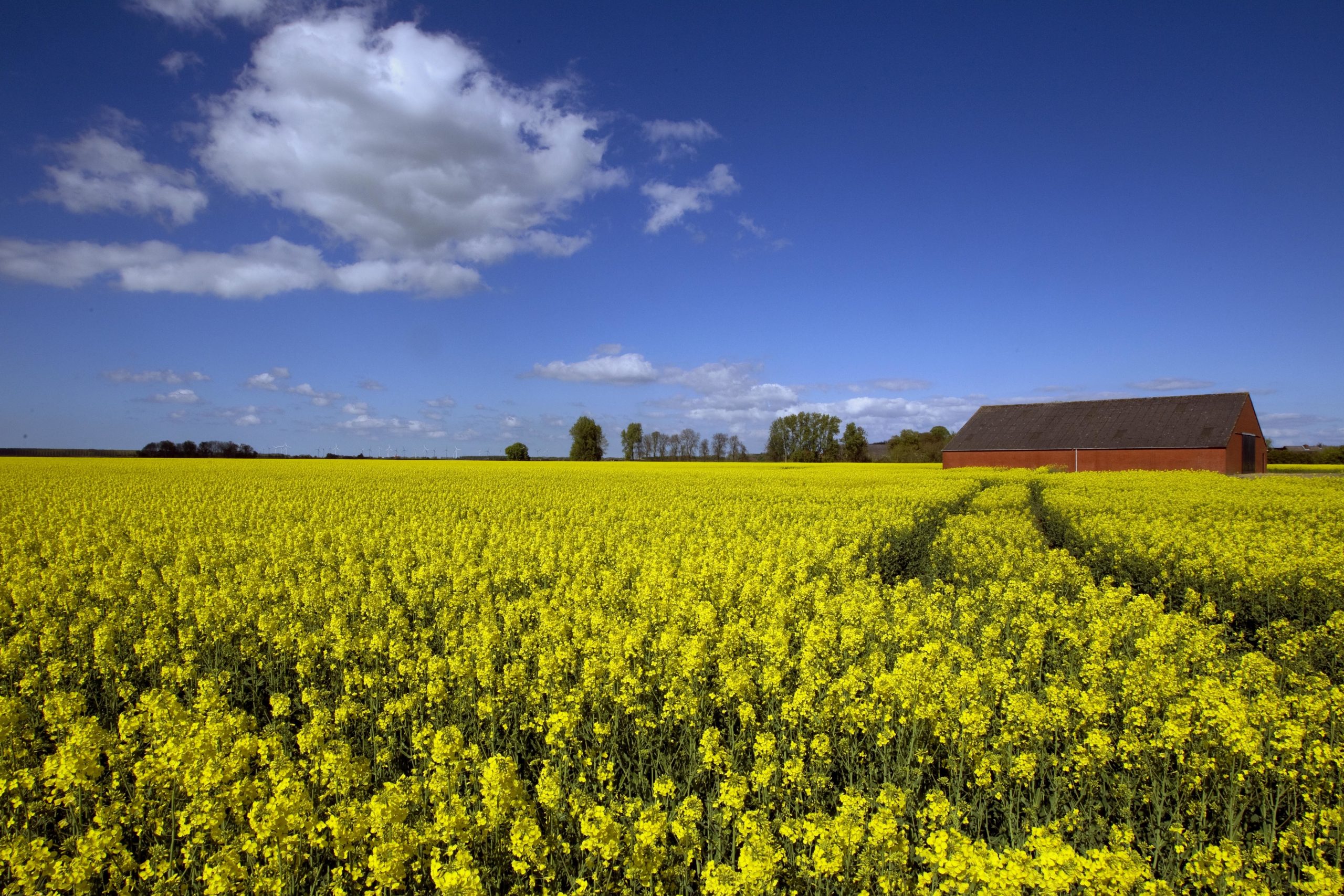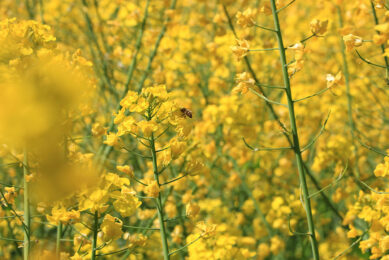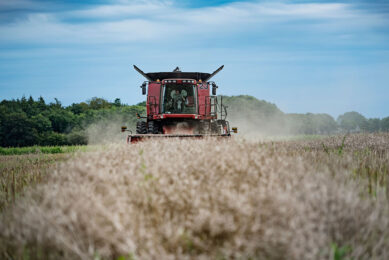UK rapeseed growers worried about crop diseases

Arable farmers in the UK could be facing trouble with their rapeseed crops as new research warns of a resistance gene at risk in the crop.
Rapeseed is the third most important crop in the UK, with a total of 2.2 million tonnes harvested in 2017. It is the third largest source of vegetable oil worldwide and widely used as animal feed. However, there are three main diseases, all with a worldwide distribution, which affect oilseed rape which cause around 15% crop yield losses worldwide each year. One of these, phoma stem canker, causes losses to UK farmers of more than £95m (US$ 130m, € 108m) per year.
The host resistant gene Rlm7
According to a new study by the University of Hertfordshire in the UK, researchers have discovered that an important source of gene resistance against one of the leading pathogens of rapeseed, namely phoma stem canker, is becoming less effective, which could lead to substantial losses to the oilseed rape breeding industry and to arable farmers in the UK.
This is the first study showing that the host resistant gene Rlm7 has become less effective at controlling the phoma stem canker pathogen Leptosphaeria maculans in the UK and is of great importance to plant breeders and farmers.
When host resistance is rendered ineffective by changes in the pathogen population there is an estimated cost of £5m (US€ 6.87m, € 5.69m) per year to the breeding industry through the loss of commercially available cultivars.
As there has been a withdrawal of the effective fungicides used to control phoma stem canker, farmers have been relying more on cultivars that have good resistance against the pathogen causing the disease.
Phoma stem canker is caused by two closely related fungal plant pathogens, Leptosphaeria maculans and L. biglobosa. L. maculans is generally considered to be more aggressive. Host resistant genes in the cultivars (Rlm genes) operate against specific pathogen races and one important gene that has been bred into many commercial oilseed rape cultivars in the UK is the Rlm7 gene.
Developing new strategies
One of the lead researchers Dr Georgia Mitrousia said: “Rapeseed oil cultivation has been increasing in the UK in recent years and is of vital importance for the UK’s agriculture industry, and the wider UK economy.
“This study acts as a warning to the rapeseed industry and they will hopefully develop strategies to prevent the loss of commercially available cultivars. This includes combining Rlm gene resistance with quantitative resistance in the same cultivar and developing strategies to rotate development of different Rlm genes to ensure consistent harvest of oilseed rape for many years to come,” she said.











